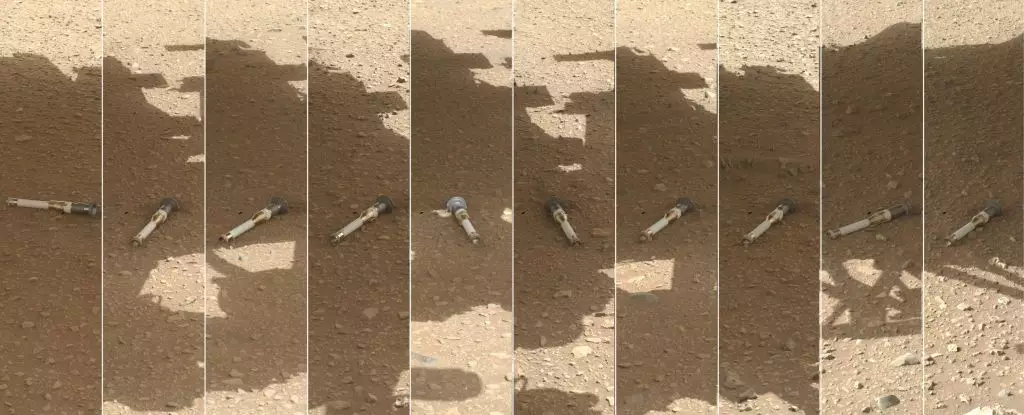The Mars Sample Return mission, an ambitious collaboration between NASA and the European Space Agency (ESA), aims to collect and return samples from Mars to Earth. Since the Perseverance rover landed on the Martian surface in February 2021, it has systematically collected soil and rock samples, sealing them in canisters to await retrieval. However, as we move into 2024, this mission is facing unprecedented challenges that threaten not just its timeline but its very existence. The mission has gained critical attention once again, with NASA administrators set to update the public on its current status.
Despite the groundbreaking potential of the Mars Sample Return mission, it has been plagued by serious issues. An independent review in 2023 raised red flags regarding its financial viability, citing “unrealistic budget and schedule expectations.” The concerns didn’t stop at finances; the mission structure was deemed “unwieldy” and poorly organized for effective leadership. This was a significant blow not only to the credibility of the mission but also to the morale of those involved.
Following the review, Congress showed its disapproval by proposing cuts exceeding $454 million from NASA’s 2024 budget, specifically targeting the Mars Sample Return initiative. Such financial constraints have forced NASA to take drastic measures, including layoffs of staff and contractors at the Jet Propulsion Laboratory. The potential abandonment of the mission raised concerns over the fate of the samples now perched on Mars, reminiscent of a lost opportunity to unlock the mysteries of the Red Planet.
NASA’s Response and Future Directions
In light of these setbacks, NASA administrators Bill Nelson and Nicky Fox have reiterated their commitment to the mission. In an April 2024 announcement, both officials assured the public that the mission had not been canceled outright. Their vision is now focused on ensuring the sample return could happen sooner than the initially projected year of 2040—all while managing to cut costs, reduce risks, and simplify the mission complexity.
The creation of a new team to reassess the Mars Sample Return mission’s future showcases NASA’s determination to tackle existing issues head-on. By employing lessons learned from past missions, NASA aims to reposition its efforts to deliver groundbreaking scientific insights. The anticipated report due at the end of 2024 may finally shed light on how the agency plans to resurrect this pivotal scientific endeavor.
Mars, as a subject of scientific inquiry, holds vital clues about the origins of life and the evolution of planets within our solar system. The success of a sample return mission could radically enhance our understanding of Martian geology, climate, and the potential for past or present life. Furthermore, it may present vital information that informs not only planetary science but also the future of human exploration beyond our world.
The stakes have never been higher for the Mars Sample Return mission, as failing to bring back these samples would mean a missed opportunity for humanity. Ensuring that the mission is adequately funded and effectively managed is critical—not just for NASA, but for the scientific community at large.
As we await the upcoming update from NASA, the Mars Sample Return mission stands at a critical juncture. With financial hurdles and organizational challenges to overcome, the future of this mission remains uncertain. However, the commitment demonstrated by NASA administrators hints at a potential reconfiguration of aims, aiming for a more economically and structurally viable approach.
As the world watches, the outcome of this complex mission could either affirm the importance of international space cooperation or warn of the pitfalls of over-ambition in space exploration. Whether we ultimately see samples from Mars arrive on Earth will depend on the choices made in the coming months. The hope is that, through careful planning and community involvement, the transformational insights we seek from Mars will finally be within our reach.


Leave a Reply